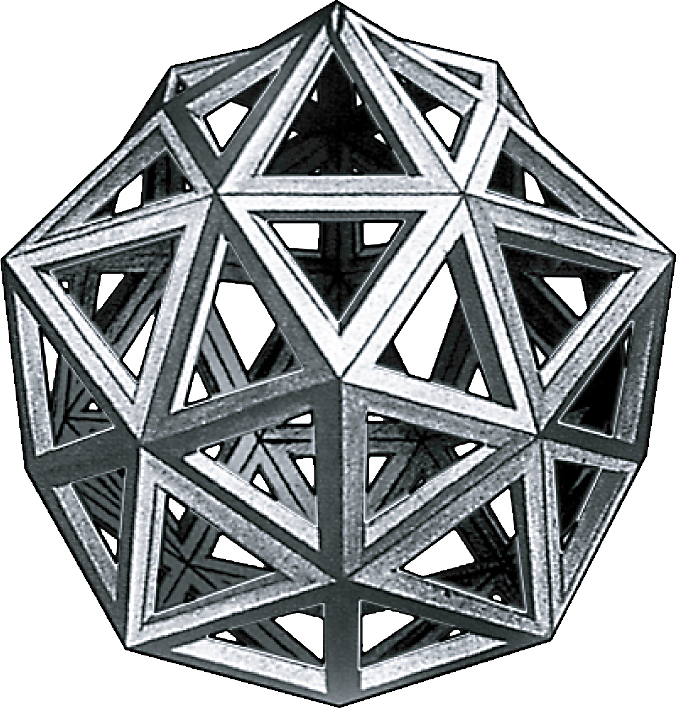Recently, ENGINEERING.com’s Education Editor, Shawn Wasserman, had an unusual opportunity to go backstage with Bill Nye the Science Guy. Bill was recently in Toronto, Canada at the Bill Nye the Science Guy Live show.
Bill is an engaging guy who is also a lot of fun. In this interview, Bill discusses his show, his new book and STEM education.

Video Editor: Michael Turner
“Fabulously.”
That's great. So, could you tell us a little bit about Bill Nye the Science Guy Live?
“Well it’s the story of my life. We talk about the history of the Science Guy, how he came to be, why I'm here, why these people paid money to see me talk.”
“And then I give some stuff about climate change, some stuff about asteroid impacts, and how everybody is going to change the world.”
I hear you have a book coming soon, can you tell us about it?
“The book is out! It's been about three weeks! New York Times bestseller! Check us out.”
Good show!
“Yeah, yeah it's really good.”
“New York Times is a paper in the States…”
So could you tell us about the book?
“I participated in a debate with the guy in Kentucky, who (grunts) seems to believe that the earth is six thousand years old. I think that he may actually believe it! He seems to.”
“It’s worth a lot of money to him and to that organization. But the thing that's so troubling is they have this relentless campaign to indoctrinate kids, science students. And that, I claim, that's in nobody's best interest.”
“It's surprising how many people have watched that debate online, millions of people! I mean there are science teachers who say they're using it in class for their critical thinking skills.”
WOW!
“So that’s pretty cool. It surprises me. But anyway as a result of that I was asked to write a book about evolution.”
“I'm not a full-time biologist, but I have a rudimentary understanding of evolution and biology so it's kind of a primer on evolutionary principles. General stuff so: natural selection, sexual selection, punctuated equilibrium, this is how species come to be, speciation, and some geology, stuff like that. And deep time. I want you to try to think about that. Now 4.5 billion years is a long time.”
It is.
“It’s literally hard, literally impossible, for most people to imagine. It's always hard to imagine.”
Yes, especially if you talk about the start of the Universe then it gets even crazier.
“Yea well, yea 13.6 billion years ago! What was before that? Nobody knows! Doesn't mean it didn't happen!”
What changes would you like to see in STEM education in order to improve science literacy? And why is it important? You seem very passionate about it based on the book and what you said about the Ken Ham Debate.
“Well it's very important for me because it's our future. The key to the future is innovation.”
“I grew up with Earth Day. And Earth Day we have this whole thing about doing less, since the 1970’s. Drive your car less, drink less clean Water, wear dirty clothes, don't eat, whatever else you'd have an opportunity to do … But that turns out not to be popular.”
“And it's not really what you want. What you want is to do more with less. And the key to that is going to be engineering, and it’s going to be innovations, new ideas, new ways of doing things. And for that we need science education.”
“A key is elementary science education. Everybody you meet who becomes an engineer got excited about it in some way before he or she was 10 years old. I mean maybe there's some 12 year old. But it’s about 10.”
“And so that's an ease thing. That would be an easy thing to fix. All we got to do is put elementary science in schools, but boy people fight it!”
What would you suggest we can do in order to encourage people to go into engineering fields? Like you did?
“Alright, start algebra a little earlier.”
“Apparently, algebra is the single most reliable indicator. It's not clear that it's cause and effect. But it’s an indicator of whether or not a kid, a student, will pursue a career in math, science or engineering.”
“If you don't, apparently, if you don't embrace algebra you have trouble thinking, or you're reluctant to think abstractly about all sorts of things.”
“So what happens to most people is that you show up in grade seven and you’re expected to learn this stuff?! And, all we got to do, well not all we got to do, one thing we could do is start teaching symbols as numbers much earlier!”
Yes!
“So there’ll be less pressure on it by the time you get to the seventh grade, ninth grade. “
“So it seems like a solvable problem. It seems like something you can do. But it wouldn't cost anything, it's just getting organized.”